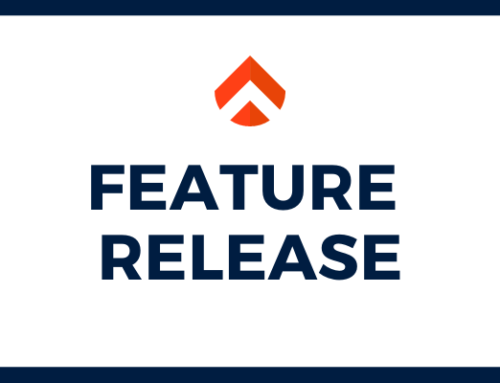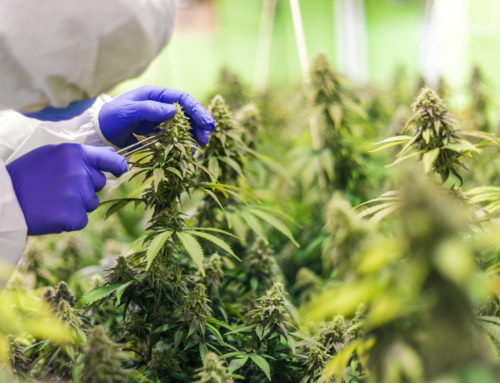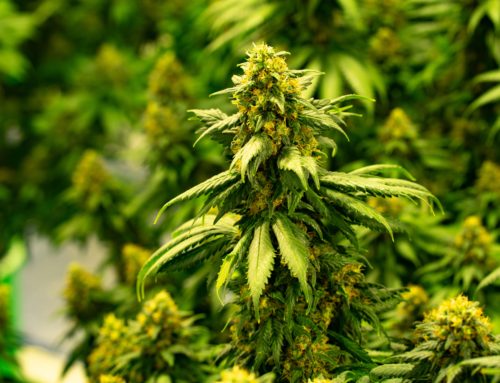Any farm or facility that has endured the hardship of a regulatory audit, product recall, or break in their supply chain knows the toll it can take on the business.
If you’re not prepared for a crisis, you automatically put all of your revenue and your resources at risk. There’s no question that identifying and resolving issues before they hurt your business is critical to keeping your head above water in the sea of regulatory compliance standards and product safety laws.
Whether you are the owner of a multi-state cannabis operation, the manager of a multi-site international berry producer, or the head grower of a leafy greens greenhouse a commitment to compliance is an attitude that starts with leadership.
Let go of any anxiety you have around weakness in your SOPs and any hostility towards regulatory agencies. Don’t think of compliance as working within the confines of authorities but rather as accountability to your consumers. Why is it important to have an open approach to assessing your product safety systems and procedures? Because, to find new solutions for your supply chain, you have to be willing to shake things up.
Here are three things to keep in mind as you navigate the waters of regulatory compliance:
1. Self-auditing requires a willingness to recognize weaknesses and opportunities for improvement. Openmindedness towards change opens the door to innovative problem-solving and creative solutions.
2. Working with technology can be incredibly helpful. The more visibility into your operation that you have, the better prepared you are to sustain compliance seamlessly.
3. Changing government regulations are a hurdle, but they can be overcome by applying robust quality management standards. Be thorough in developing your SOPs and training your team to follow them. Be deliberate in choosing and implementing technology resources.
Getting Started
Today is an opportunity to fortify your operations and protect your business. The tighter your operations, and the more committed you are to embracing the regulatory standards you have to meet, the easier it becomes to meet them.
Choose a standard of quality to use as a framework for self-assessment.
Do your research. If you’re not sure exactly what your product safety SOPs or plant traceability process should look like, read up on how other growers do it. Look at existing standards for food, dietary supplements, and pharmaceuticals to find what fits your operation best.
Create systems for monitoring and verifying valuable data.
Analyze your farm data to extract performance quality trends that you can use as actionable data points. Ensure these data standards are sharable among the team for accountability. This is an area where technology, like Artemis, can be tremendously helpful.
You don’t have to it alone.
If you don’t feel confident assessing your company’s risk in process control, product safety, facility construction or labor management, hire someone to help or commit to learning and trainings that will allow you to do it yourself.
Need help getting started? Curious about getting a Risk Assessment Rating? Reach out to the Artemis Regulatory Compliance Team here.






Leave A Comment